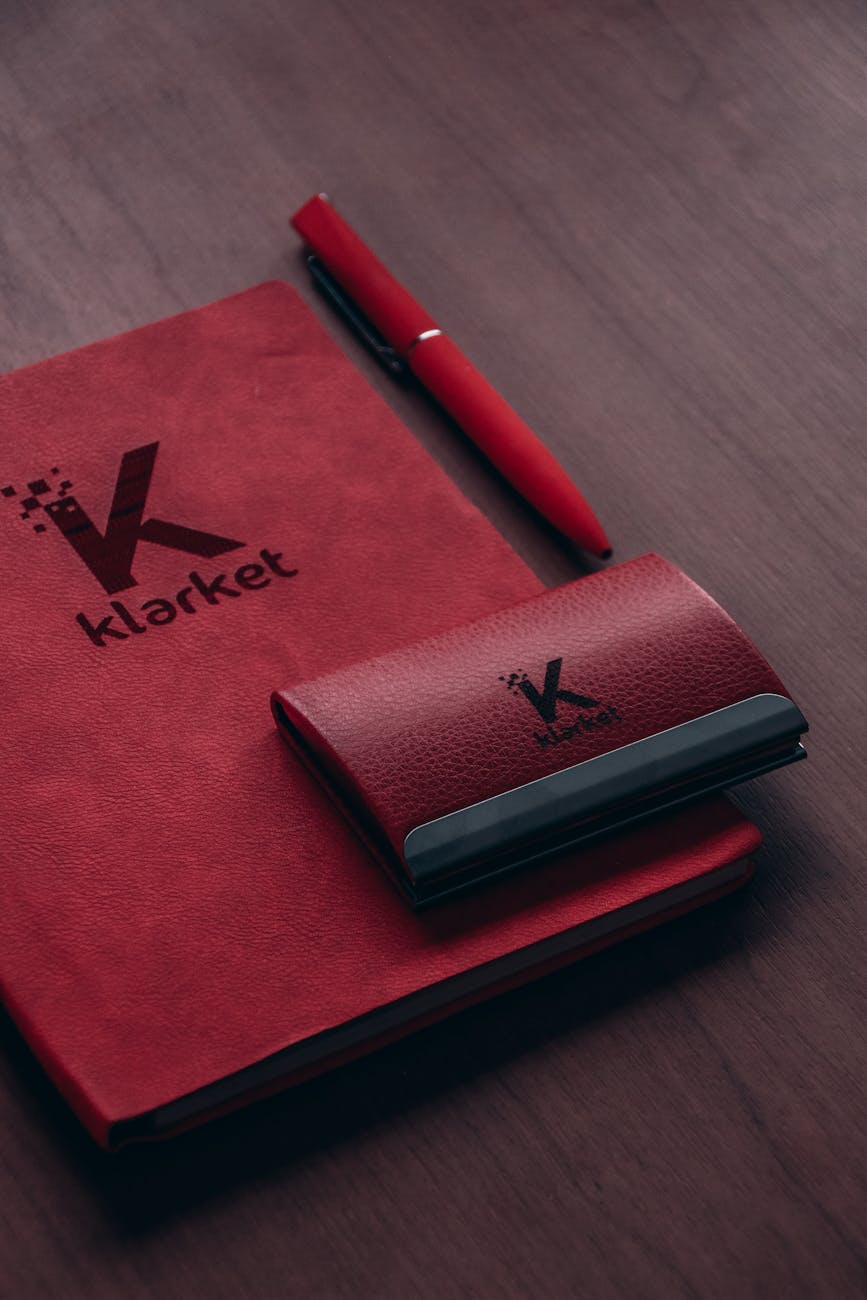What is distraction journaling?

What is distraction journaling?
In a world flooded with notifications, to-do lists, and constant multitasking, staying focused can feel like an uphill battle. Enter distraction journaling—a powerful technique designed to help us regain control of our attention. This method not only acknowledges the distractions that pull us away from our tasks but also empowers us to understand and manage them more effectively. As someone who has often struggled with focus, I’ve found distraction journaling to be an invaluable tool in navigating modern challenges related to attention and time management.
Understanding Distraction Journaling
Distraction journaling is a specific method of recording and reflecting on the distractions we encounter throughout our day. Unlike traditional journaling, which often focuses on thoughts, emotions, or daily events, distraction journaling zeroes in on what takes us off course. The primary purpose is to create awareness of these interruptions and develop strategies to mitigate them, ultimately enhancing our productivity.
The Purpose of Distraction Journaling
The main goal of distraction journaling is to increase self-awareness regarding what distracts us during our work. By identifying these distractions, we can start to understand their patterns and triggers. This practice is akin to shining a light on the unseen forces that pull us away from our tasks. Moreover, it helps us improve our focus, allowing us to allocate our time and energy toward what truly matters.
How Distraction Journaling Works
So, how does distraction journaling work? The process begins with a simple task: note down each distraction as it occurs. Whether it’s a phone notification, an unwelcome thought, or a tempting urge to check social media, jot it down without judgment. After a period of time—be it a day or a week—reflect on these notes. Consider how these distractions impacted your productivity and emotional state. This reflection will provide insights into the most disruptive factors in your routine, paving the way for solutions.

Photo by HamZa NOUASRIA
Benefits of Distraction Journaling
Adopting distraction journaling can lead to numerous advantages, both personally and professionally. Here’s a deeper dive into some of the most significant benefits.
Improved Focus and Concentration
By regularly documenting distractions, you’ll notice patterns emerge. Over time, this awareness sharpens your focus and enhances your ability to concentrate on tasks. You’ll find yourself easily steering away from distractions that once derailed your progress.
Enhanced Time Management Skills
Distraction journaling can fundamentally change your approach to time management. By recognizing the distractions that consume your time, you can make informed decisions about how to allocate it. This newfound clarity allows for better planning and prioritization, leading to a more effective use of your hours.
Greater Self-Reflection and Personal Growth
Distraction journaling is not just about tracking interruptions; it’s a gateway to self-discovery. As you reflect on your distractions, you’ll also uncover deeper insights about your work habits and emotional triggers. This process fosters personal growth by encouraging you to cultivate better habits and make informed changes in your daily routine. For additional insights into personal development through journaling, check out this article on the benefits of journaling.
Implementing Distraction Journaling in Your Routine
Ready to give distraction journaling a try? Here are some practical tips to help you get started.
Choosing the Right Format and Tools
Distraction journaling can be done digitally or on paper—choose whatever feels right for you. There are various apps and templates available specifically designed for this purpose. Alternatively, a simple notebook will suffice. The key is to ensure that you have a method that you’re comfortable with.
Creating a Consistent Routine
To make the most of distraction journaling, it’s essential to incorporate it into your daily habits. Set aside a few minutes at the start or end of your day to review your distractions. This consistent practice will help you stay accountable and continuously improve your focus.
Final Thoughts on Distraction Journaling
In summary, distraction journaling is a powerful tool that can help you reclaim your attention and boost productivity. By identifying and reflecting on your distractions, you can significantly improve your focus, enhance your time management skills, and foster personal growth.
If you’re looking for a way to streamline your work-life balance, I encourage you to give distraction journaling a shot. The insights you gain could be the key to unlocking a more productive and fulfilling daily routine.
Conclusion
Distraction journaling stands out as a practical method for anyone seeking to improve their focus and manage their time effectively. With the right approach, you can transform your distractions into stepping stones for growth and productivity. Why not start today? Embrace distraction journaling as your new ally in the quest for a more focused and balanced life.